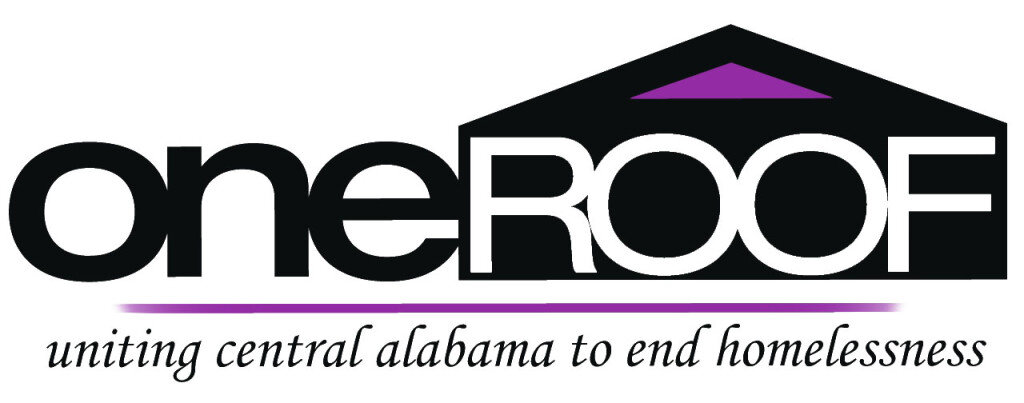The Stakes For Birmingham
Across Birmingham, a coordinated network of public agencies, nonprofit organizations, and faith-based groups is working every day to ensure that our neighbors experiencing homelessness have a path to stability. At the core of this effort lies federal funding from the U.S. Department of Housing and Urban Development (HUD), including critical programs like the Continuum of Care (CoC), Emergency Solutions Grant (ESG), Community Development Block Grant (CDBG), Housing Choice Vouchers (Section 8), and Low-Income Housing Tax Credits (LIHTC).
These programs are not just abstract budget lines—they are the foundation of our local homeless response system. In Birmingham alone, HUD’s Continuum of Care program currently supports 1,587 permanent housing beds for individuals and families experiencing homelessness. An additional 480 emergency shelter beds and street outreach services in the community are sustained through other HUD resources. Together, they provide thousands of vulnerable residents with safe places to sleep, access to support services, and a chance to rebuild their lives.
As discussions about potential reductions in federal housing funds gain traction in Washington, it is critical to understand what’s truly at stake for Birmingham.
A Cut to Funding Is a Cut to Stability
The CoC program is more than a housing initiative—it is a comprehensive strategy that combines safe, affordable housing with wraparound services like mental health counseling, employment assistance, and substance use recovery support. These services are essential to ensuring that people don’t just exit homelessness temporarily, but have the tools and support to remain stably housed long-term.
A reduction in federal funding would immediately threaten this progress. Fewer dollars mean fewer housing opportunities, fewer case managers, and fewer supportive services. For the 1,587 individuals and families currently housed through CoC-funded programs in Birmingham, any disruption could mean a return to homelessness—an outcome that is both ethically unacceptable and fiscally irresponsible.
The Domino Effect of Program Cuts
It’s not only the Continuum of Care program that is at risk. Cuts to Housing Choice Vouchers and Low-Income Housing Tax Credits could further compound housing instability in Birmingham.
Housing Choice Vouchers (Section 8) help low-income individuals afford market-rate housing. If fewer vouchers are available, more people will be forced to choose between housing and other necessities, or face eviction.
Low-Income Housing Tax Credits (LIHTC) are a critical tool for developing affordable housing in our region. Birmingham, like many cities, faces a persistent shortage of units affordable and available to people with extremely low incomes. A reduction in LIHTC allocations would slow or stall new developments, making it harder to move individuals out of homelessness and into permanent homes.
These program cuts would be felt throughout our community—from families on the verge of eviction to veterans and youth seeking housing, to providers working on the front lines who depend on consistent funding to maintain staff and services.
Economic and Social Consequences
Stable housing is the bedrock of individual and community well-being. When people are stably housed, they are more likely to be employed, more likely to be healthy, and more likely to contribute positively to the community. Conversely, homelessness increases the use of costly emergency services, hospitalizations, and interactions with the criminal justice system.
Federal investments in housing and homelessness programs are not just compassionate—they are cost-effective. Numerous studies have shown that supportive housing reduces public costs by minimizing the use of emergency systems. For Birmingham, losing these investments could mean higher costs in other areas and lost momentum on years of progress.
Protecting Our Local Progress
Birmingham has made significant strides in creating a more responsive, coordinated system to address homelessness. We’ve embraced best practices, implemented coordinated entry systems, and deepened collaboration across sectors. But our ability to continue this work—and to build on our progress—depends on the consistency and adequacy of federal support.
Check out our community's progress here.
This is not a partisan issue. It’s a community issue. Ensuring that all Birmingham residents have access to safe, stable housing is foundational to our shared prosperity.
What You Can Do
As conversations about the federal budget continue, community voices matter more than ever. Here's how you can help:
Contact your elected officials to express your support for sustained—and increased—federal funding for homelessness and affordable housing programs.
Engage with local organizations like One Roof and others working to end homelessness in our community, and join our community’s Continuum of Care.
Educate your networks about the importance of these programs and their impact on our community.
Donate to organizations, like One Roof, focused on coordinating our community’s efforts to address the challenges of homelessness from street outreach to long-term housing solutions.
A Community Worth Investing In
At the heart of every strong community is the belief that everyone should have the opportunity to live with dignity, safety, and stability. Ensuring access to housing isn’t just a policy priority—it’s a shared value that unites us across perspectives and backgrounds.
Regardless of how we each view the causes or complexities of homelessness, there is a broad agreement that no one should have to sleep on the streets, and that safe, stable housing is foundational to health, economic mobility, and community well-being. Investing in housing solutions—whether through federal programs, local innovation, or public-private partnerships—is an investment in stronger neighborhoods, safer streets, and a healthier society.
The path forward must be practical, collaborative, and rooted in common sense. That means supporting programs that work, ensuring accountability, and listening to those with lived experience to guide our efforts. It also means recognizing that ending homelessness is not the work of any one agency or sector—it requires all of us.
We invite you to be a part of that solution. Whether by raising your voice, supporting local organizations, advocating for evidence-based programs, or simply learning more, your involvement matters. Together, we can shape a community where everyone—regardless of their starting point—has the chance to build a better future.
Let’s move forward with unity, with purpose, and with the belief that lasting solutions are within our reach if we seek them together.

